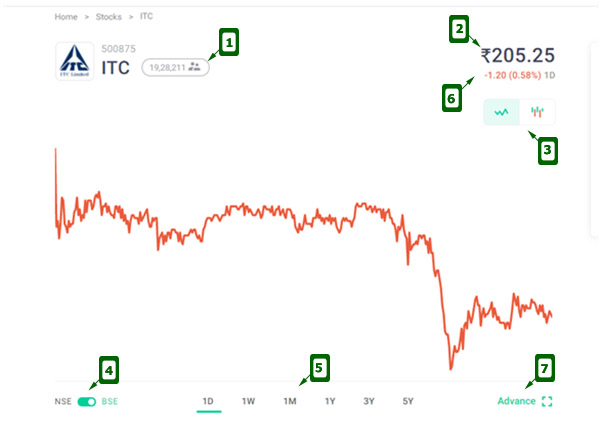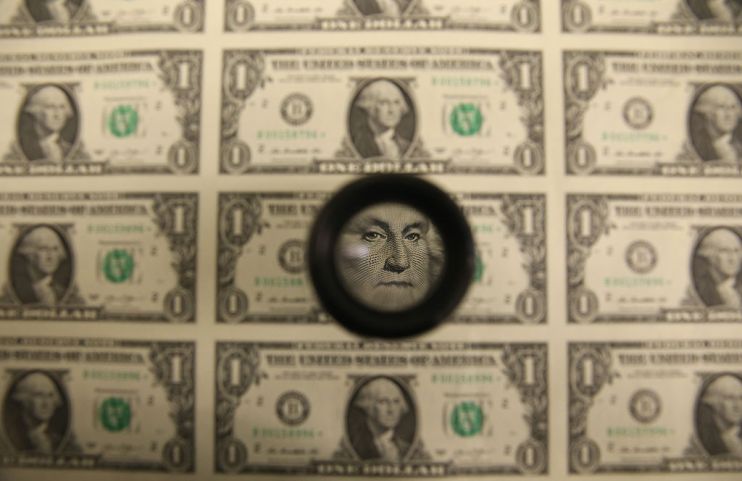Paul Krugman
Is This the End Game for Crypto?

Credit…
Andriy Onufriyenko/Getty Images
Recent events have made clear the need to regulate crypto, an industry that grew from zero to a $3 trillion marketplace capitalization a year ago, although most of that has now evaporated. Merely information technology also seems probable that the industry couldn’t survive regulation.
The story and so far: Crypto reached its peak of public prominence last yr, when Matt Damon’s “Fortune favors the brave” commercial — sponsored past the Singapore-based exchange Crypto.com — offset aired. At the time Bitcoin, the nearly famous cryptocurrency, was selling for more than $threescore,000.
Bitcoin is now trading below $17,000. And then people who bought after watching the Damon advertizing have lost more than 70 percent of their investment. In fact, since well-nigh people who bought Bitcoin did so when its toll was high, nigh investors in the currency — around iii-quarters of them, according to a new analysis by the Bank for International Settlements — have lost coin and then far.
Nevertheless, asset prices plunge all the time. People who bought stock in Meta, the company formerly known as Facebook, at its peak last year accept lost around as much every bit investors in Bitcoin have.
So falling prices needn’t mean that cryptocurrencies are doomed. Crypto boosters surely won’t requite up. Co-ordinate to a report from The Washington Post, many of those who subscribed to Twitter Blueish Verified, Elon Musk’s disastrous (and now paused) try to extract money from Twitter users, were accounts promoting right-fly politics, pornography — and cryptocurrency speculation.
More telling than prices has been the plummet of crypto institutions. Most recently, FTX, one of the biggest crypto exchanges, filed for defalcation — and information technology appears that the people running it only made off with billions of depositors’ dollars, probably using the funds in a failed effort to prop up Alameda Research, its sister firm.
The question we should ask is why institutions like FTX or Terra, the so-called stablecoin issuer that complanate in May, were created in the offset place.
After all, the 2008 white paper that started the cryptocurrency motion, published under the pseudonym Satoshi Nakamoto, was titled “Bitcoin: A Peer-to-Peer Electronic Cash Organisation.” That is, the whole thought was that electronic tokens whose validity was established with techniques borrowed from cryptography would brand information technology possible for people to bypass financial institutions. If you wanted to transfer funds to someone else, you could simply send them a number — a cardinal — with no need to trust Citigroup or Santander to record the transaction.
It has never been clear exactly why anyone other than criminals would desire to do this. Although crypto advocates often talk nigh the 2008 fiscal crisis every bit a motivation for their work, that crisis never impaired the payments organization — the power of individuals to transfer funds via banks. Still, the idea of a monetary organisation that wouldn’t require trust in financial institutions was interesting, and arguably worth trying.
After 14 years, however, cryptocurrencies take made well-nigh no inroads into the traditional role of money. They’re likewise awkward to utilise for ordinary transactions. Their values are too unstable. In fact, relatively few investors tin even be bothered to agree their crypto keys themselves — besides much gamble of losing them by, say, putting them on a hard drive that ends up in a landfill.
Instead, cryptocurrencies are largely purchased through exchanges like Coinbase and, yes, FTX, which take your money and agree crypto tokens in your proper noun.
These exchanges are — expect for it — financial institutions, whose ability to concenter investors depends on — wait for it again — those investors’ trust. In other words, the crypto ecosystem has basically evolved into exactly what it was supposed to supersede: a system of financial intermediaries whose ability to operate depends on their perceived trustworthiness.
In which case, what is the indicate? Why should an industry that at all-time has but reinvented conventional banking have whatever cardinal value?
Furthermore, trust in conventional financial institutions rests in part on validation past Uncle Sam: The authorities supervises banks, regulates the risks they can have and guarantees many deposits, while crypto operates largely without oversight. And then investors must rely on the honesty and competence of entrepreneurs; when they offer exceptionally expert deals, investors must believe not merely in their competence but in their genius.
How has that been working out?
As boosters dearest to remind us, previous predictions of crypto’due south imminent demise take proved wrong. Indeed, the fact that Bitcoin and its rivals aren’t really usable as coin needn’t mean that they become worthless — you lot tin can, after all, say the same thing about golden.
Merely if the authorities finally moves in to regulate crypto firms, which would, amid other things, prevent them from promising incommunicable-to-deliver returns, it’s difficult to see what advantage these firms would have over ordinary banks. Even if the value of Bitcoin doesn’t get to zero (which it still might), in that location’south a strong case that the crypto industry, which loomed so large simply a few months ago, is headed for oblivion.
Source: https://www.nytimes.com/2022/11/17/opinion/crypto-banks-regulation-ftx.html
 RosyandBo.com Trusted Information and Education News Media
RosyandBo.com Trusted Information and Education News Media



